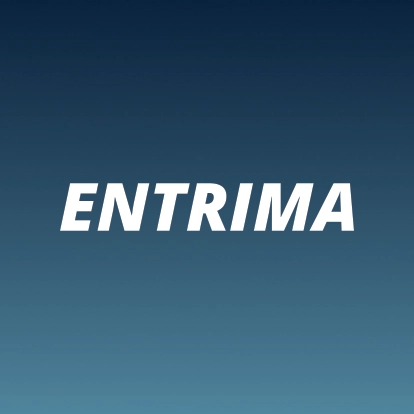Commodities can be classified in many ways, for instance as soft commodities and hard commodities. A soft commodity is a product that can be grown, while a hard commodity concerns a natural resource which is mined.
Soft commodities form a specific class of commodities. Soft commodities include agricultural products and tropical products. Examples of agricultural products are wheat, barley, corn, soybeans and potatoes. Examples of tropical products are coffee, cacao and palm oil. Moreover, agro or soft commodities are the two collective terms for all produce that falls into the categories agriculture and cultivation of tropical products, plus livestock and meat. Hence, agricultural commodities even include cattle and pork bellies.
The (soft) commodity supply chain consists of production, storage, transport and consumption. Access to related capacities is crucially important. Lack of availability of production capacity, storage capacity, transport capacity or consumption capacity will disrupt the supply chain. Typically, this impacts pricing in the market. A decreased production lowers supply. This will cause a price increase. Ultimately, it can even lead to scarcity. This could result in a price explosion. Next, lack of transport capacity leads to storage or supply at the production location, and, thus, a price fall, while it might create scarcity at various consumption locations, causing price rises. Furthermore, a decreasing consumption lowers demand. This will lead to a price decrease. And a decreased possibility to store leads to increasing supply. This will lead to a price decrease.
In the world of agricultural commodities, growing crops is crucial. Once the crisps are fully grown and are ripe enough, the process of harvesting takes place. Afterwards, time may degrade agricultural commodities. Depending on the type of commodity, storage may ruin the quality, either fast or slow. A similar situation applies to transport. The duration of the transport could hurt the product quality.
